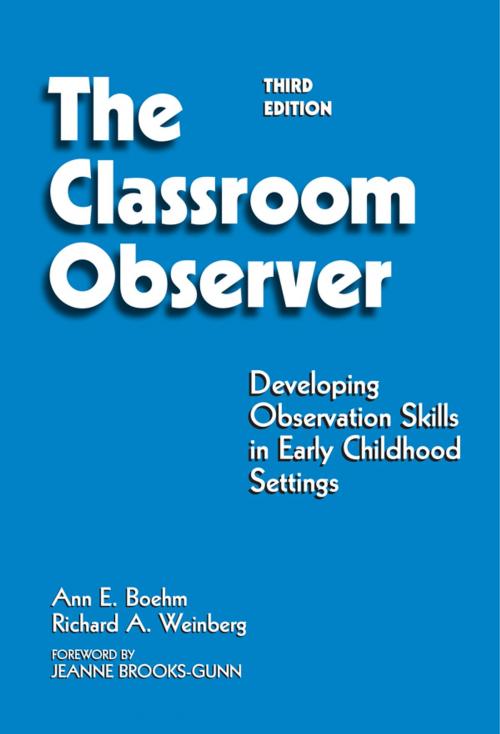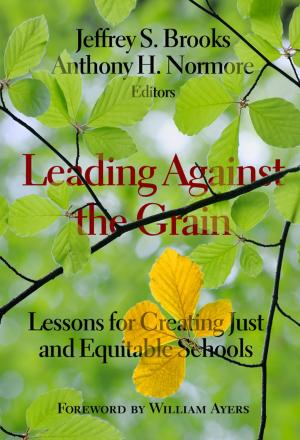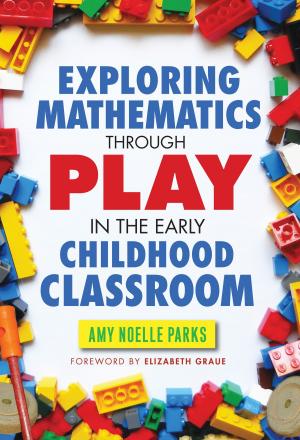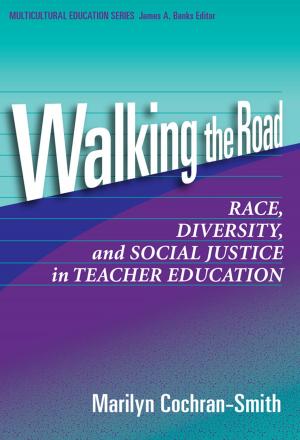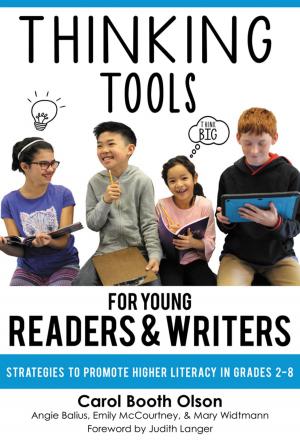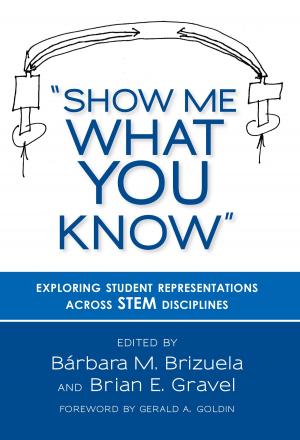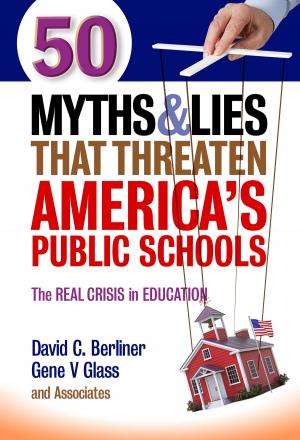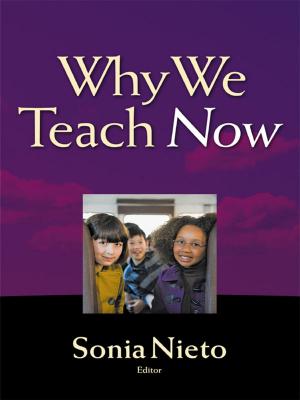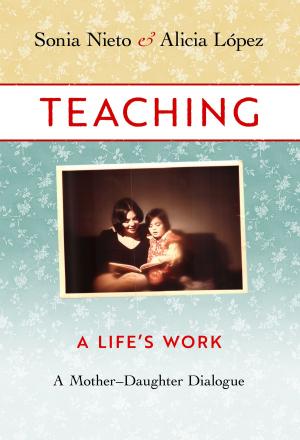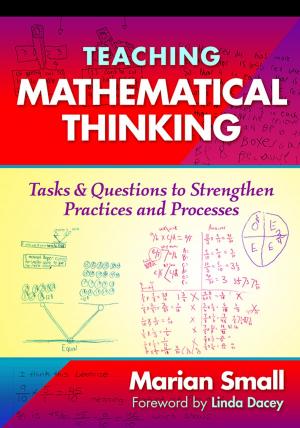Classroom Observer
Developing Observation Skills in Early Childhood Settings
Nonfiction, Reference & Language, Education & Teaching, Educational Theory, Evaluation, Preschool & Kindergarten| Author: | Ann E. Boehm, Richard A. Weinberg | ISBN: | 9780807776001 |
| Publisher: | Teachers College Press | Publication: | December 15, 2009 |
| Imprint: | Language: | English |
| Author: | Ann E. Boehm, Richard A. Weinberg |
| ISBN: | 9780807776001 |
| Publisher: | Teachers College Press |
| Publication: | December 15, 2009 |
| Imprint: | |
| Language: | English |
Systematic observation is essential for educators to evaluate properly the effectiveness of curricula and to address the problems of individual students. This new third edition emphasizes early childhood, and focuses on those skills that will enable the observer to make appropriate, valid inferences and to arrive at decisions based on objective observation data gathered in natural learning environments and diverse educational settings.
Includes new focuses on:
- Procedures for observing environmental factors that affect learning and behavior
- The importance of understanding the cultural and linguistic characteristics of children’s learning environments
- The key role of observation in the assessment process
- The forms of observation, with illustrative examples
- The exploration of reliability, sampling behavior, recording formats, summarizing observational outcomes, and validity
Using photographs, sample worksheets, a simple format, and straight-forward language, the authors cite fascinating real-life examples from early childhood that can be applied to a variety of classroom experiences.
“The Classroom Observer provides the foundation for learning how to watch children in systematic and child-focused ways. The authors make the critical and often underappreciated point that keen insight into children’s development may be learned, and that while many early childhood educators already watch children, much can be gained from systematic observation. I believe that this book provides a basis for critical reflection upon one’s own observation skills.”
—From the Foreword by Jeanne Brooks-Gunn
Systematic observation is essential for educators to evaluate properly the effectiveness of curricula and to address the problems of individual students. This new third edition emphasizes early childhood, and focuses on those skills that will enable the observer to make appropriate, valid inferences and to arrive at decisions based on objective observation data gathered in natural learning environments and diverse educational settings.
Includes new focuses on:
- Procedures for observing environmental factors that affect learning and behavior
- The importance of understanding the cultural and linguistic characteristics of children’s learning environments
- The key role of observation in the assessment process
- The forms of observation, with illustrative examples
- The exploration of reliability, sampling behavior, recording formats, summarizing observational outcomes, and validity
Using photographs, sample worksheets, a simple format, and straight-forward language, the authors cite fascinating real-life examples from early childhood that can be applied to a variety of classroom experiences.
“The Classroom Observer provides the foundation for learning how to watch children in systematic and child-focused ways. The authors make the critical and often underappreciated point that keen insight into children’s development may be learned, and that while many early childhood educators already watch children, much can be gained from systematic observation. I believe that this book provides a basis for critical reflection upon one’s own observation skills.”
—From the Foreword by Jeanne Brooks-Gunn
